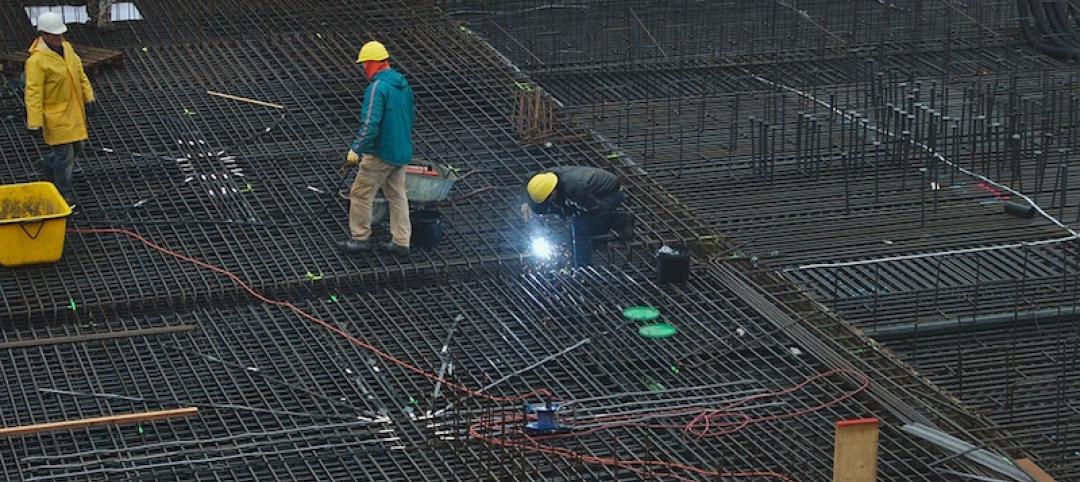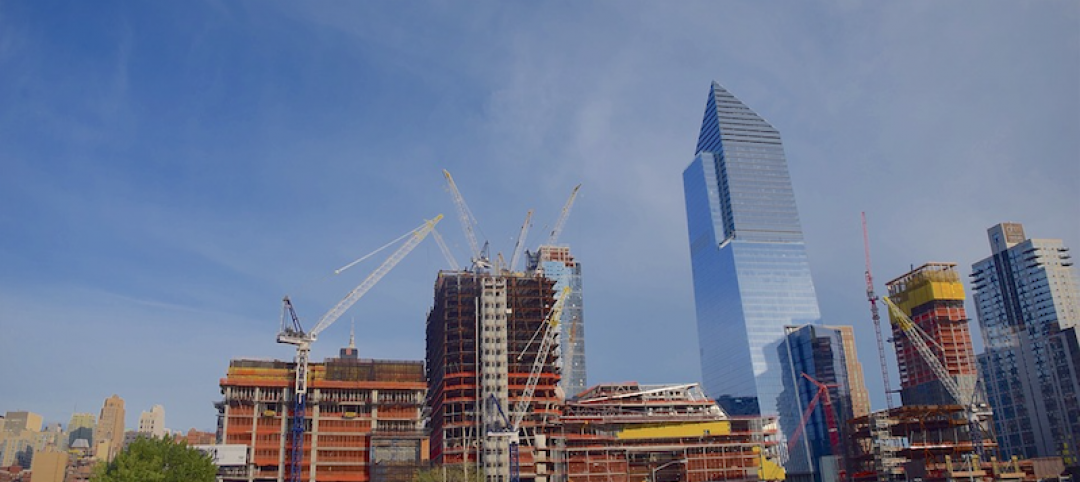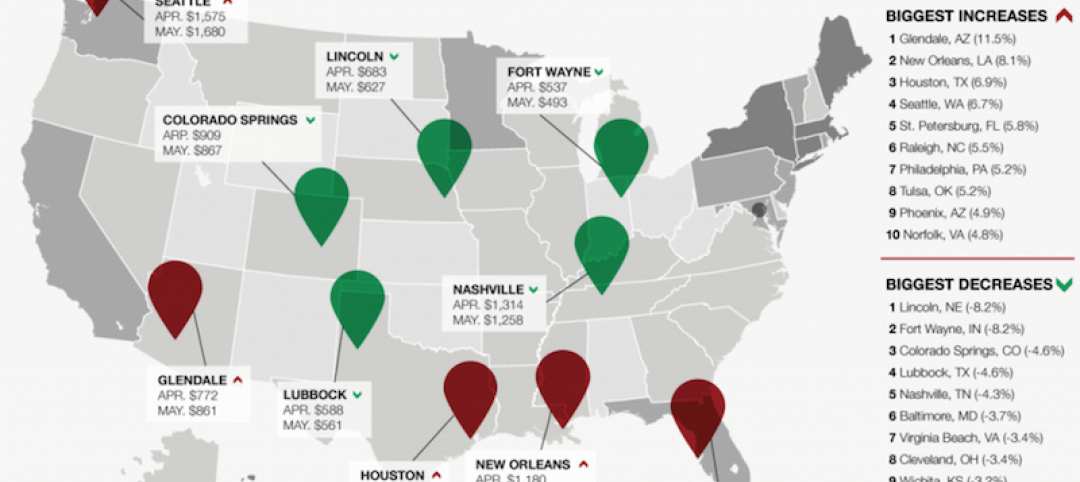Construction employment increased by 228,000 jobs over the past year despite a weather-related dip last month, and the industry's unemployment rate fell to 7.4%, the lowest yet for March, according to an analysis of new government data by the Associated General Contractors of America. Association officials called for revitalizing and adequately funding career and technical education and training programs to ensure that employment in the high-paying industry would continue to grow.
"Construction employment indicators are still signaling strong demand on an annual basis, even though unusually bad weather in several regions probably depressed hiring in March," said Ken Simonson, the association's chief economist. "Employment is rising twice as fast as for the overall economy, pay rates and growth are outpacing the private sector as a whole, and the industry's unemployment rate was the lowest ever for March."
Construction employment totaled 7,150,000 in March, a dip of 15,000 for the month but an increase of 228,000, or 3.3%, over 12 months. The economist pointed out that the year-over-year growth rate in industry jobs was more than double the 1.5% rise in total nonfarm payroll employment.
Hourly earnings in the industry averaged $29.43 in March, a rise of 2.9% from a year earlier. That put average pay in construction 9.7% higher than the average for all nonfarm private-sector jobs, which rose 2.7% in the past year, to $26.82, the economist noted.
The unemployment rate in construction dropped from 8.4% a year earlier to 7.4% last month—the lowest March rate since the series began in 2000. The number of unemployed job seekers with recent construction experience declined to 696,000 in March 2018, which was the lowest total for March since 2001, Simonson said.
Residential construction—comprising residential building and specialty trade contractors—shrank by 7,000 jobs in March but added 114,200 jobs, or 4.3%, over the past 12 months. Nonresidential construction (building, specialty trades, and heavy and civil engineering construction) employment also increased by 114,200, or 2.7%, over 12 months, despite a drop of 8,200 jobs in March.
Construction officials said the new employment figures show the industry continues to create high-paying, long-term jobs but that there is a critical need for more workers. They urged officials at all levels of government to re-invigorate and adequately fund career and technical education programs.
"Construction offers great careers, with above-average pay both for entry-level workers and for the industry as a whole compared to the private-sector average," said Stephen E. Sandherr, the association's chief executive officer. "To make sure students and workers displaced from other jobs have the chance to gain the skills needed to succeed in growing sectors like construction, government officials must do their part. That means funding up-to-date career and technical education and training, and allowing the industry to collaborate in providing opportunities."
Related Stories
Market Data | Jun 21, 2017
Design billings maintain solid footing, strong momentum reflected in project inquiries/design contracts
Balanced growth results in billings gains in all sectors.
Market Data | Jun 16, 2017
Residential construction was strong, but not enough, in 2016
The Joint Center for Housing Studies’ latest report expects minorities and millennials to account for the lion’s share of household formations through 2035.
Industry Research | Jun 15, 2017
Commercial Construction Index indicates high revenue and employment expectations for 2017
USG Corporation (USG) and U.S. Chamber of Commerce release survey results gauging confidence among industry leaders.
Market Data | Jun 2, 2017
Nonresidential construction spending falls in 13 of 16 segments in April
Nonresidential construction spending fell 1.7% in April 2017, totaling $696.3 billion on a seasonally adjusted, annualized basis, according to analysis of U.S. Census Bureau data released today by Associated Builders and Contractors.
Industry Research | May 25, 2017
Project labor agreement mandates inflate cost of construction 13%
Ohio schools built under government-mandated project labor agreements (PLAs) cost 13.12 percent more than schools that were bid and constructed through fair and open competition.
Market Data | May 24, 2017
Design billings increasing entering height of construction season
All regions report positive business conditions.
Market Data | May 24, 2017
The top franchise companies in the construction pipeline
3 franchise companies comprise 65% of all rooms in the Total Pipeline.
Industry Research | May 24, 2017
These buildings paid the highest property taxes in 2016
Office buildings dominate the list, but a residential community climbed as high as number two on the list.
Market Data | May 16, 2017
Construction firms add 5,000 jobs in April
Unemployment down to 4.4%; Specialty trade jobs dip slightly.
Multifamily Housing | May 10, 2017
May 2017 National Apartment Report
Median one-bedroom rent rose to $1,012 in April, the highest it has been since January.

















